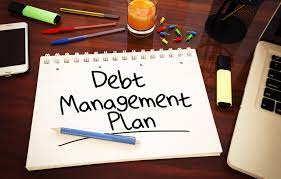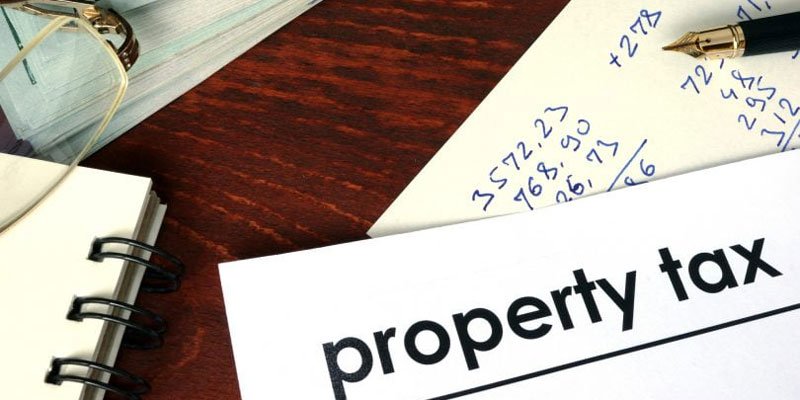Those coping with more debt than they can pay off have options, including bankruptcy and debt settlement, but these options each come with associated costs. When you or a third party negotiates with your creditors and lenders to pay back less than what you owe, this process is known as debt settlement. In the legal procedure known as bankruptcy, you request a bankruptcy court to either have your debts discharged or reorganized into more manageable payment terms.
What Are Debt Settlement and Bankruptcy?
A borrower and a creditor might agree to minimize the total amount of debt due via a process known as "debt settlement." Settlements are often reached for unsecured debts such as credit card bills or personal loans. The negotiations are typically handled by a debt-settlement organization, a third party. A person declares bankruptcy when they assert they cannot meet their financial commitments and pay a bankruptcy court to release them from their financial responsibilities.
How They Carry It Out
In principle, debt settlement seems like a terrific option since you would pay back less than you originally owed. However, before debt settlement businesses discuss your balances, they will often propose that you cease paying your bills for a period of months to boost your chances of settling. This is done to maximize the amount of money that can be saved. During this period, you put money aside for a one-time payment to improve your credit, but at the same time, late penalties and interest accrue, and your credit rating suffers significantly. After a certain amount of time has passed, the debt settlement organization will contact you and attempt to negotiate a lower monthly payment. This argument is that receiving some payment is preferable to receiving none, which is why some creditors would compromise.
Your decreased amount will be paid out of the account that you have contributed money by the debt settlement business if a creditor agrees to a settlement. After the loan has been paid in full, the corporation can collect a fee. You can work with a debt settlement firm that will negotiate on your behalf, or you may contact your creditors directly to work out a debt settlement deal on your own without the assistance of a debt settlement company. To make matters even more favorable, if you contact your creditors before you get behind on your payments, you may be able to qualify for a hardship program that will assist you in better managing your expenses.
Most of the time, when individuals think of bankruptcy as a way to discharge all of their current obligations, they have Chapter 7 in mind. The problem is that not everyone can qualify, depending on their income level. This means that not everyone can qualify for this type. In most cases, you will be required to sell most of your assets, but the specific types of investments that must be given up vary from state to state. Because of this, Chapter 7 bankruptcy is often commonly known as "liquidation" bankruptcy.

If you earn too much money to be eligible for Chapter 7 bankruptcy, you may want to consider filing for Chapter 13, which requires creating a repayment plan for your debt that lasts between three and five years. Therefore, you will still be required to pay payments on your obligations, but as long as you adhere to the plan, your creditors will be unable to contact you about the matter. The primary advantage of filing for bankruptcy under this "reorganization" kind, often known as a "wage earner's plan," is that it allows you to keep your possessions.
Which Is the Best Option for You?
Your first strategy for dealing with debt should not include debt settlement, bankruptcy, or any other similar option. Suppose you have tried everything else, including credit counseling, debt management programs, consolidation, etc. In that case, debt settlement or bankruptcy may be your last choice to escape your financial predicament.
If you've managed to maintain your accounts in good standing so far, remember that suspending payments to start the debt settlement process will cause substantial damage to your credit rating, and you might be plagued with collection calls or even litigation. On the other side, declaring bankruptcy will stop debt collectors from harassing you, but it will appear on your credit report for up to ten years and become part of the public record.
watch next


